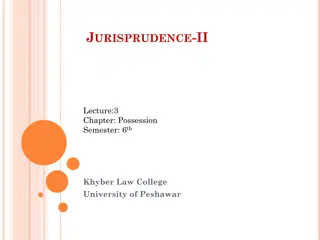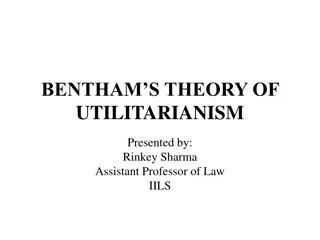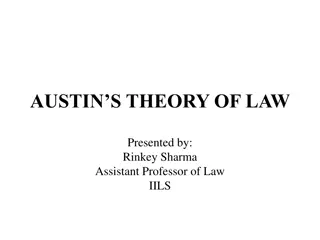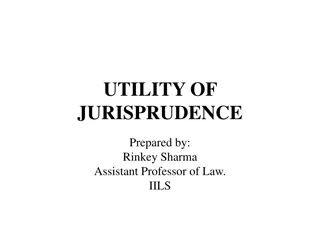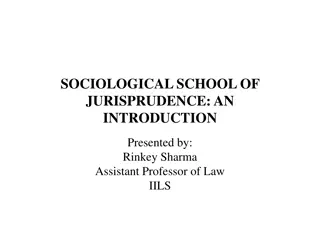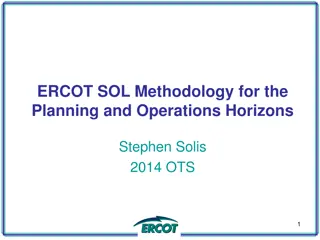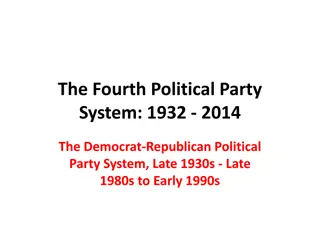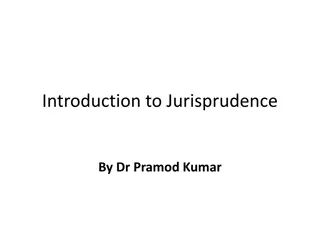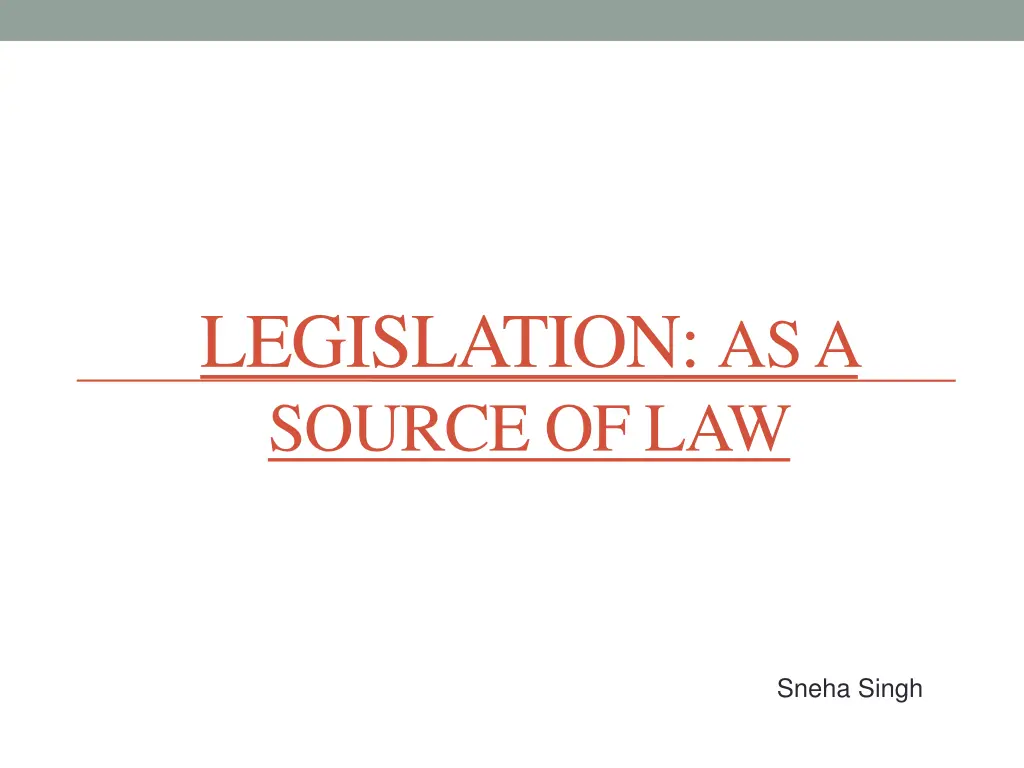
Understanding Legislation as a Source of Law
Explore the significance of legislation as a fundamental source of law, including its definitions, classifications as supreme and subordinate, and its role in shaping legal systems worldwide. Gain insights into the authority and processes involved in lawmaking through legislation.
Download Presentation

Please find below an Image/Link to download the presentation.
The content on the website is provided AS IS for your information and personal use only. It may not be sold, licensed, or shared on other websites without obtaining consent from the author. If you encounter any issues during the download, it is possible that the publisher has removed the file from their server.
You are allowed to download the files provided on this website for personal or commercial use, subject to the condition that they are used lawfully. All files are the property of their respective owners.
The content on the website is provided AS IS for your information and personal use only. It may not be sold, licensed, or shared on other websites without obtaining consent from the author.
E N D
Presentation Transcript
LEGISLATION: AS A SOURCE OF LAW Sneha Singh
INTRODUCTION: Legis means law and latum means making. Legislation means lawmaking. It also refers to the law made by the legislature. It may also be defined as the promulgation of legal rules by an authority which has the power to do so. It is the formal declaration of the legal rules by the legislative organ of the body politic. In a wider sense, it includes all the sources of law, any act done with the effect of adding to or altering the law. When a judge establishes a new principle in a judicial decision, it is possible to say that he has exercised legislative power and it is also legislation. It frames new laws, amends the old laws and cancels existing laws in all countries. Thus, The term legislature means any form of law making, however its scope has now been restricted so a particular form of law making. It not only creates new rules of law it also sweeps away existing inconvenient rules.
MEANING: Legislation is the source of law which consists of the declaration of legal rules by a competent authority. Legislation is the laying down of legal rules by a sovereign or subordinate legislator. Law that has its source in legislation may be most accurately termed enactedlaw all other forms are unenacted .
DEFINITION: According to Salmond: Legislation is that source of law which consists in the declaration of legal rules by a competent authority. According to Austin: There can be no law without a legislative act. According to Gray: Legislation means the formal utterance of the legislative organs of the society.
CLASSIFICATION OF LEGISLATION: Legislation may be broadly classified as Supreme and Subordinate legislation. It is Supreme when the sovereign authority itself makes the law, as the law made by Indian Parliament. It is subordinate when the sovereign power is delegated to any other authority to make law, as the power delegated to a corporation to make law. 1. Supreme Legislation: Legislation which proceeds from the sovereign or supreme law making body in the state. Incapable of being repealed, annulled or controlled by any other legislative authority. British parliament is true sovereign law making body (No external restraint on absolute authority). India-Parliament is sovereign but not supreme although it possesses the power of supreme legislation. Constitution is supreme, with true sovereignty vesting in the people. And thus there is Judicial check, and if some law is made which abrogates the Constitutional Rule that may be struck down.
2.Subordinate Legislation: Legislation which proceeds from any authority other than sovereign power and is therefore dependent for its continuous existence and validity upon some superior or supreme authority. It is made under the powers delegated by the Supreme authority. Such legislation owes its existence, validity, and continuance to the Supreme authority. It can be repealed by and must give way to sovereign legislation. Subordinate legislation is subject to the control of parent legislation. Five different forms of subordinate legislation can be identified. These are: i. Colonial- powers of self government entrusted to colonies ii. Executive- Parliament delegates its rule making powers to departments of the executive organ iii. Judicial- Superior courts making rules for regulation of their own procedure. eg.. Art. 145 iv. Municipal- Municipal authorities law making powers for the districts v. Autonomous- eg., Railway companies, Universities.
DELEGATED LEGISLATION: Delegated legislation is a kind of subordinate legislation. Generally the delegatedlegislation mean the law made by the executive under the powers delegated to it by the Supreme legislative authority. It comes in the form of orders, by-laws etc. The Committee on Minister s power said that the term delegated legislation has two meanings- Firstly, it means the exercise of power that is delegated to the executive to make rules. Secondly, it means the output or the rules or regulations etc. made under the power so given.
Sub-Delegation is also a case in Indian Legal system. The power to make subordinate legislation is derived from existing enabling act. It is fundamental that the delegatee on whom such power is conferred has to act within the limits of the enabling act. Its purpose is to supplant and not to supplement the law. Its main justification is that sometimes legislature does not foresee the difficulties that will come while enacting the law. Therefore, Delegated Legislation fills in those gaps which are not seen while the formulation of the enabling act. Delegated Legislation gives flexibility to law and there is ample scope for adjustment in the light of experiences gained during the working of legislation.






